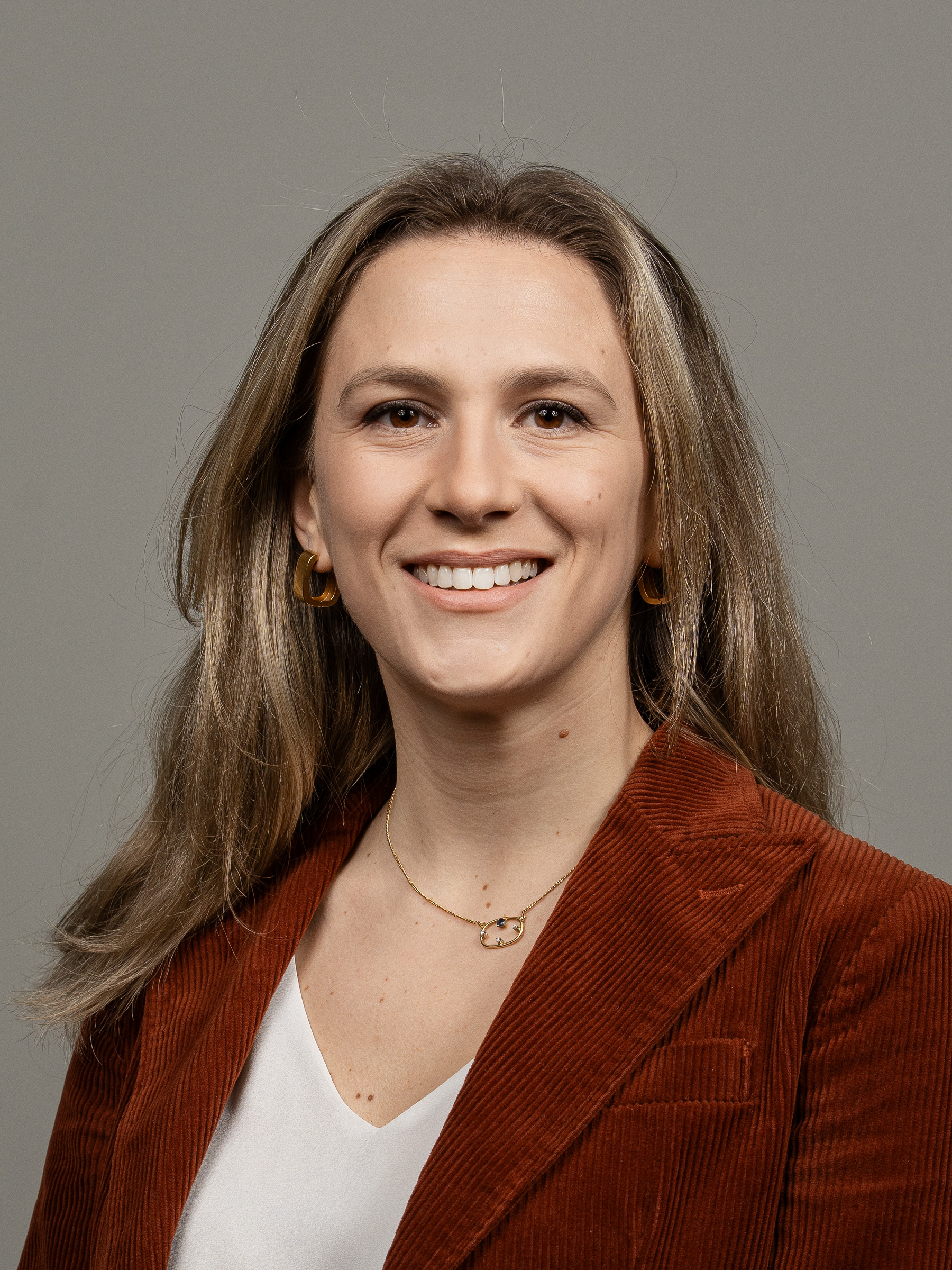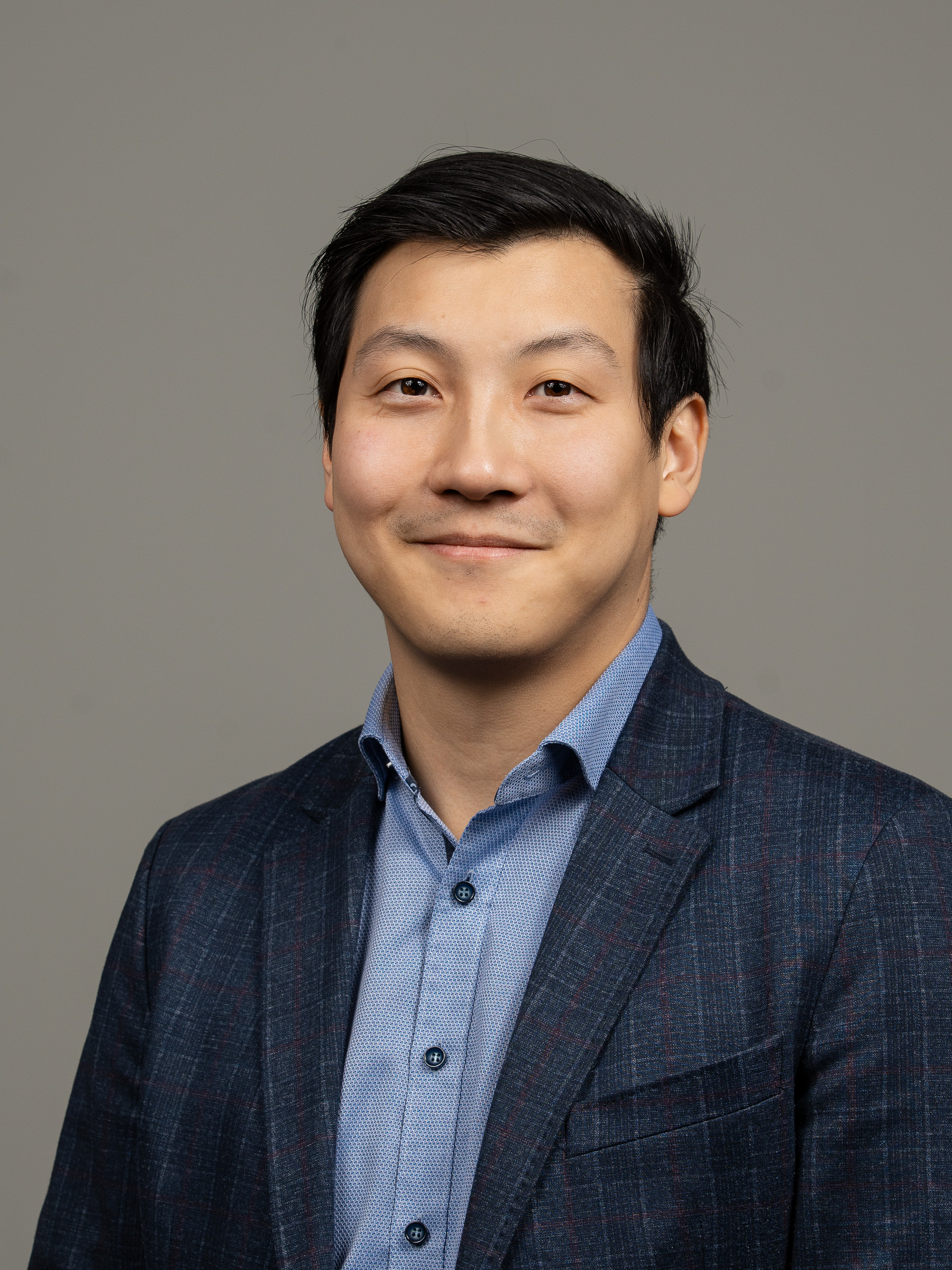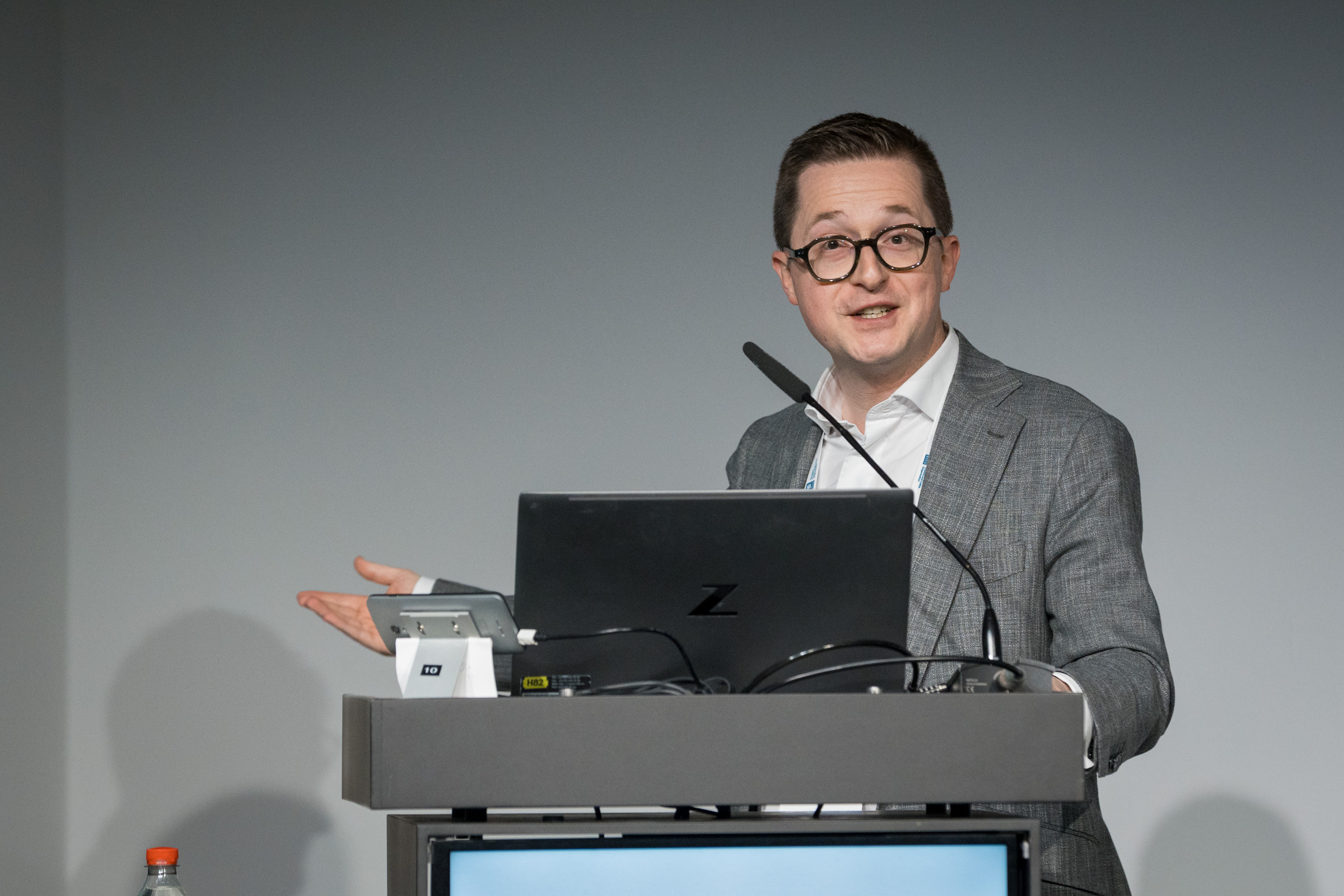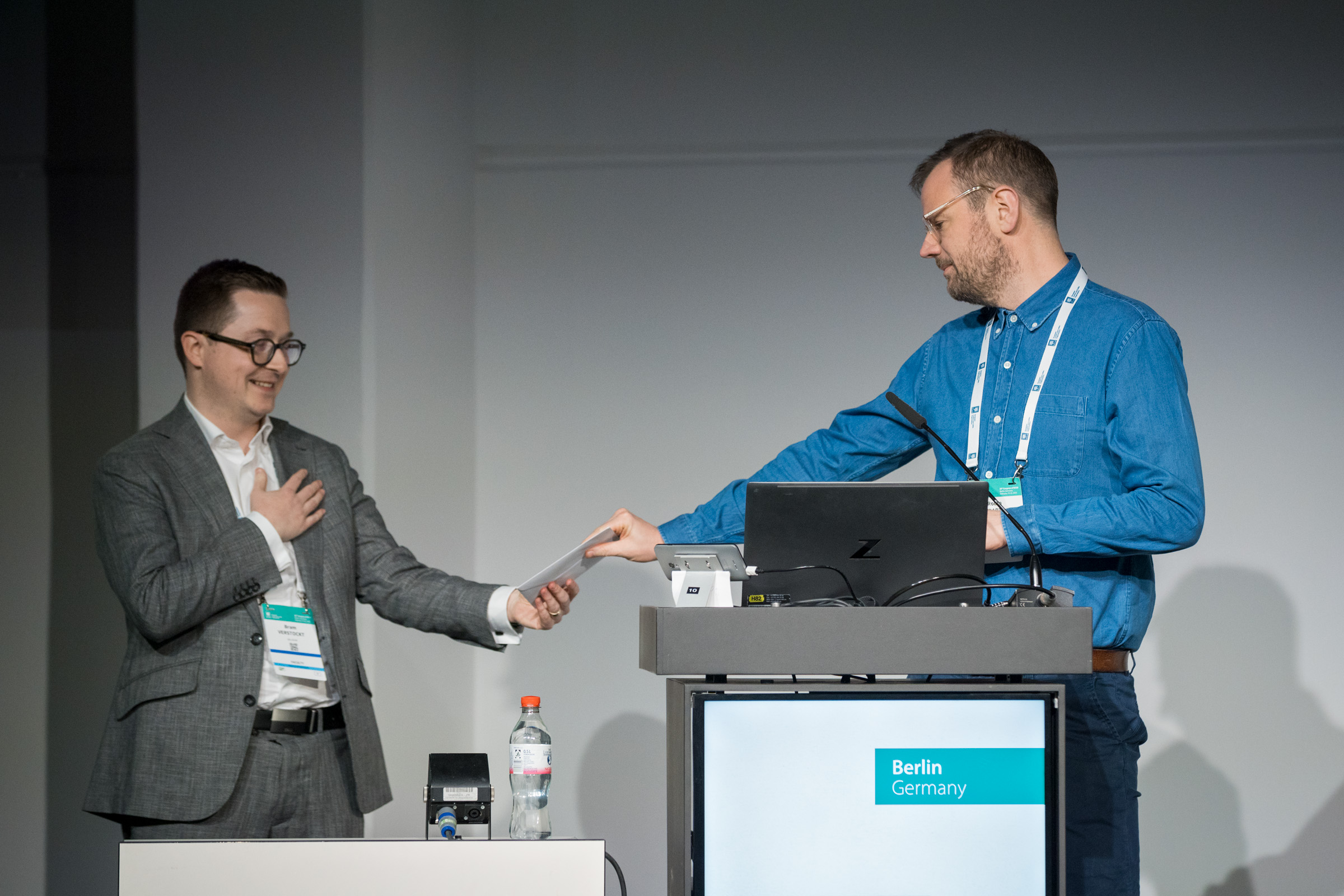11th Y-ECCO Science Workshop
Virginia Solitano and Florian Tran, Y-ECCO Committee Members
 Virginia Solitano © ECCO |
 Florian Tran © ECCO |
The 11th edition of the Y-ECCO Science Workshop took place during the ECCO Congress in Berlin on February 19 , 2025, providing a platform for early-career basic and translational scientists to present and discuss research with peers and senior experts. The event fostered an intellectually stimulating environment, encouraging participants to expand their knowledge and engage in advanced research challenges.
The workshop commenced with a welcome address by outgoing Y-ECCO Chair, Bram Verstockt (Belgium), who introduced the programme and highlighted the diverse activities of Y-ECCO. Organised into three sessions, the event began with “Gut in a Dish”, chaired by Robin Dart (UK) and Joana Neves (UK), which explored organoid models in intestinal inflammation research. Joana opened with a presentation on organoid culturing techniques, emphasising their role as sophisticated in vitro/ex vivo models. Research on co-culturing small intestine organoids with innate lymphoid cells (ILCs) was highlighted, demonstrating bi-directional crosstalk influencing epithelial proliferation and ILC differentiation. The session featured three additional presentations: Aline Azabdaftari (Germany) examined AGR2 function, focusing on loss-of-function variants that cause infantile-onset IBD, in the intestinal epithelium through scRNA-seq and patient-derived organoid models, linking AGR2 gene variants to colonic goblet cell dysfunction and gastric metaplasia. Lorenzo Giorio (Belgium) discussed the development of inflammatory and ER stress-induced organoid models mimicking IBD, with differentiation protocols inducing responses resembling those found in IBD. Marty Stepniak (Belgium) presented findings on inside-out organoids treated with tunicamycin, highlighting AGR2 secretion from the apical cell pole during the recovery phase and its role in fibroblast-to-myofibroblast transition, a key feature of intestinal fibrosis.
Following a coffee break and scientific discussions, the workshop transitioned into the second session, “Unravelling Bowel Damage”, co-chaired by Florian Rieder (USA) and Gabriele Dragoni (Italy). The session focused on the pathophysiology of intestinal fibrosis in IBD and emerging therapeutic strategies. Florian provided a state-of-the-art overview of fibrosis in IBD, emphasising its relevance in UC, where fibrotic features are present in all colectomy specimens. Key mechanisms, including inflammasome-mediated fibroblast activation (TLR5/NLRC4), ECM molecules like MFGE8 and the role of adipose tissue in fibroblast activation, were discussed. Insights into promising anti-TGF therapies, with phase 2a results anticipated at DDW 2025, were also shared. Jie Su (the Netherlands) then examined JAK inhibitors targeting fibroblasts in fibrotic Crohn’s Disease, identifying STAT3 activation in FAP+ stromal cells and demonstrating that JAK1/2 inhibition counteracts ECM deposition in a T cell transfer colitis model. Efthymios Tsounis (Greece) introduced a deep learning approach utilising a mask Region-based Convolution Neural Network (mask R-CNN) model and Sirius red staining to quantify collagen concentration in intestinal layers, identifying submucosal collagen deposition as an independent predictor of IBD-related surgery and disease severity.
Saeed Abdurahiman (Belgium) presented a multi-omics study that identified three subtypes of perianal Crohn’s Disease through RNA sequencing and mucosal microbiome analysis. Using Multiomics Factors Analysis (MOFA) clustering, the study revealed three distinct patient clusters, each exhibiting divergent keratinisation patterns and epithelial–mesenchymal transition (EMT) phenotypes in fistula.
The final session, “Perianal Crohn’s Disease”, was co-chaired by Nick Powell (UK) and Virginia Solitano (Italy). Nick provided an overview of fistulising Crohn’s Disease pathophysiology covering genetic factors, microbiota and immune cell involvement. Research on macrophages lining the fistula tract and IL-22-driven EMT in disease progression was highlighted. Additionally, impaired wound repair and dysregulation of the extracellular matrix were addressed.
The session continued with presentations from two ECCO Grant winners from 2024. Ilse Molendijk (the Netherlands) discussed genetically engineered iPSC-derived stromal cells as a potential treatment for fistulising perianal Crohn’s Disease, addressing insights gained from the negative ADMIRE-CD II trial results that led to the withdrawal of darvadstrocel. The study aims to reprogram blood cells into iPSCs, enabling genetic engineering and stable differentiation into stromal cells. Annika Hausmann (Switzerland) concluded the session with a presentation on immune–epithelium crosstalk in mucosal healing in UC, utilising spatial proteomics to generate high-resolution proteome maps of repairing mucosa, with organoids serving as in vivo validation tools for deciphering immune cell–epithelium interactions.
The workshop concluded with closing remarks from Bram Verstockt, paving the way for the next edition. Under the leadership of newly appointed Y-ECCO Chair, Robin Dart, the committee continues to prioritise fostering collaborations between international experts and early-career researchers. The 12th Y-ECCO Science Workshop is scheduled for ECCO’2026 in Stockholm, where emerging hot topics in IBD will be addressed.
Pictures are subject to copyright © ECCO




